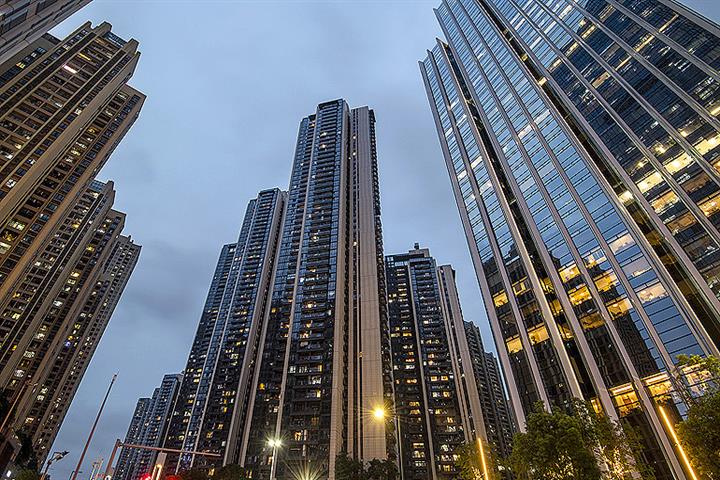 Anxious China May Bring In Property Tax, Real Estate Investors Ponder Selling Up
Anxious China May Bring In Property Tax, Real Estate Investors Ponder Selling Up(Yicai Global) Oct. 20 -- Owners of multiple houses in Chinese cities are becoming increasingly eager to sell their assets as big municipalities are expected to launch stricter property tax policies to control speculation.
“Some people owning more than one house have entrusted their houses to us for leasing," an insider at a housing rental agency with a large market share in China told Yicai Global. But they are in a hurry to sell the houses so they wouldn't mind breaking the lease agreement, the person added.
Most of those investors in Shanghai who have more than one house bought them before the city began experimenting with a property tax in 2011, a local investor who is familiar with the eastern city's real estate market said to Yicai Global. They might also be residents who were relocated as their previous houses got demolished or investors from the Hong Kong Special Administrative Region or Taiwan province. Most of those who plan to sell are expecting changes in the taxation environment, the person added.
The group involves people who own more than 10 houses each, said the investor. Keeping houses bought before 2011 cost their owners nothing, but that is likely to change if the new property tax is enforced, he predicted.
The shift is not likely to happen suddenly nor across the board. There is a high probability that some core cities will first experiment with a new property tax because these cities have high property prices and they wish to build a housing security system, said Chen Wenjing, associate research director of China Index Academy's index division.
The policy shift could raise the liquidity of second-hand housing and leasing markets to improve resource allocation, said Chen. Moreover, the widening policy could supplement cities' tax revenues, Chen added.
Investors are looking to reduce their risk exposure. The number of second-hand houses on sale jumped by more than 10,000 units in the past three months in Beijing, according to real estate chain Lianjia's website. In Guangzhou, the figure had surged by 8,000 units. But in Shanghai, the number remained balanced even though prices declined.
“The expected property tax will greatly affect people owning more than one house but should have a small impact on those buying houses for living rather than speculation,” said the investor. This might explain why investors have recently been selling their houses, he added.
The gains may flow into smaller cities. “Some people will use the money from selling their houses in Shanghai to buy property in other cities," said the above-mentioned source. Others want to swap their 10 units or more to two in central areas of the city, the person added.
Changes won't happen overnight. The new real property tax won’t become a reality so quickly, said Lu Wenxi, analyst at Centaline Property Agency. “Large-scale selling won’t happen because the number of housing speculators has been decreasing in recent years while an increasing number of investors wants to hold onto the assets for the medium or long-term.”
Editor: Emmi Laine, Xiao Yi